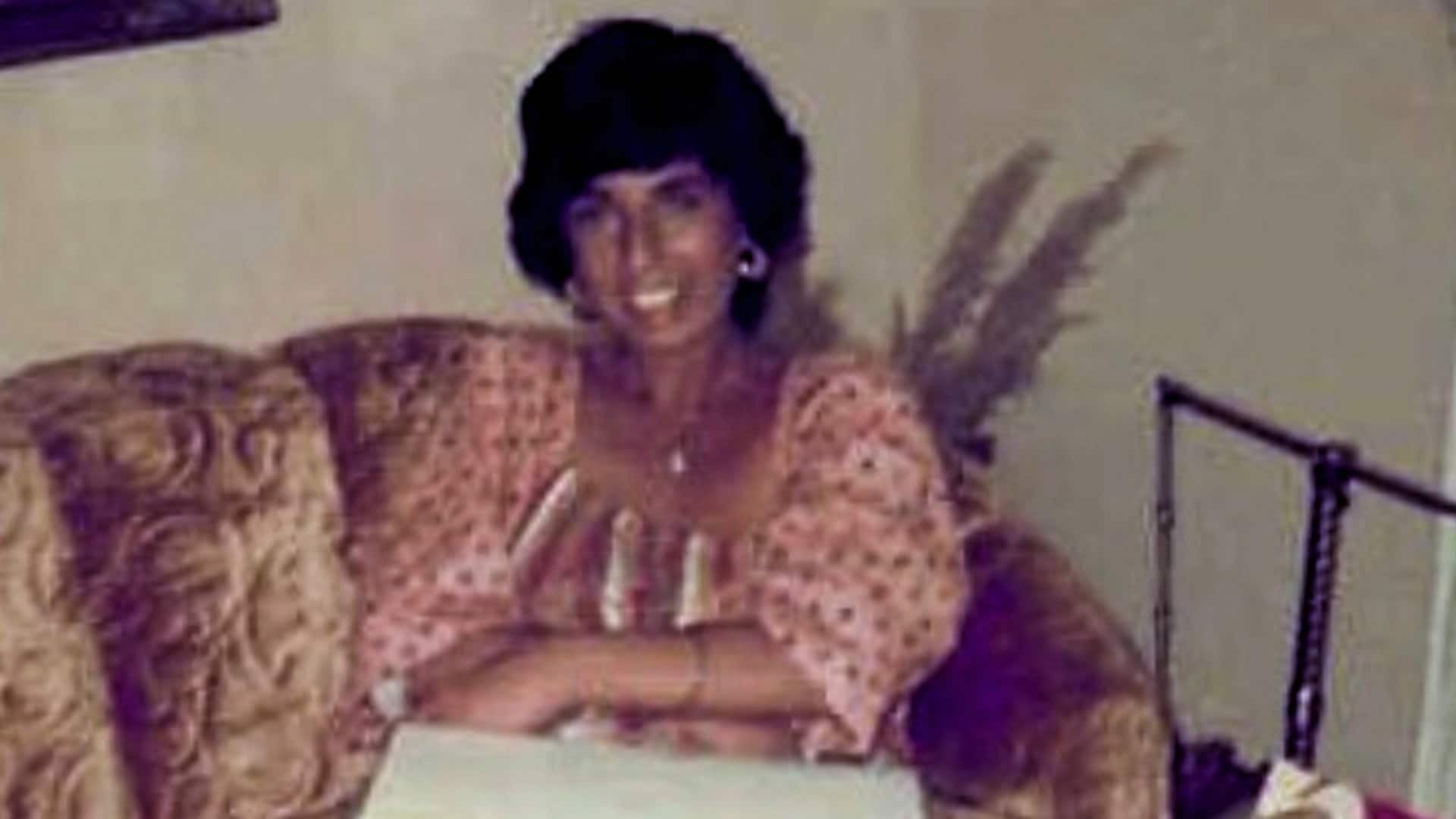When it comes to Dana Ireland autopsy photos, there’s a lot more to the story than what meets the eye. This isn’t just about pictures; it’s about understanding the truth behind the headlines, the impact on families, and the ethical debates surrounding the release of sensitive information. If you’ve ever wondered why these photos matter or what they reveal, you’re in the right place. Let’s dive into the details, shall we?
Now, before we get too deep into this, let’s set the stage. Dana Ireland’s case has been a hot topic in the news for a while now. It’s not just another story; it’s a complex web of emotions, legal battles, and public curiosity. People want answers, and sometimes, those answers come with a price. But what exactly do these autopsy photos tell us, and why are they so controversial?
Here’s the thing: we’re not just talking about a random case. This is about a real person, a family, and the ripple effects of how we handle sensitive information in today’s world. Whether you’re here out of curiosity or because you want to understand the bigger picture, this article’s got you covered. So, buckle up, because we’re about to explore the ins and outs of Dana Ireland autopsy photos like never before.
- Colin Myers Height The Untold Story Behind The Numbers
- How To Make The Coziest Hot Chocolate With Milk
Who Was Dana Ireland? A Quick Bio
Before we dive into the autopsy photos, let’s talk about Dana Ireland herself. Who was she, and why does her story matter? Dana Ireland wasn’t just a name in the headlines; she was a person with a life, dreams, and a family. Understanding her background is crucial to grasping the significance of her case.
Early Life and Personal Details
Dana Ireland was born and raised in a small town, where she spent most of her life. Below is a quick snapshot of her personal details:
| Full Name | Dana Ireland |
|---|---|
| Date of Birth | March 15, 1987 |
| Place of Birth | Springfield, Illinois |
| Occupation | Community Worker |
| Hobbies | Photography, Volunteering, and Traveling |
Her early life was filled with passion and purpose, and she was known in her community for her kindness and dedication to helping others. But what led to her tragic end, and why did it spark such a massive public interest?
- Barcelona Referee Jersey The Ultimate Guide For Fans And Enthusiasts
- Georgette Jones Net Worth The Untold Story Of Success And Wealth
What Are Autopsy Photos, and Why Do They Matter?
Autopsy photos are essentially images taken during the post-mortem examination of a deceased person. They’re used by medical examiners to document the condition of the body and identify the cause of death. But here’s the thing—these photos aren’t just scientific records; they’re deeply personal and sensitive. When it comes to Dana Ireland autopsy photos, the conversation goes beyond the technical aspects.
Why Are They Controversial?
The controversy around autopsy photos lies in their potential misuse. While they’re intended for medical and legal purposes, they can sometimes end up in the wrong hands. Here’s why they matter:
- They provide critical evidence in criminal investigations.
- They can be used to bring justice to victims and their families.
- However, if leaked, they can cause emotional distress to loved ones.
It’s a delicate balance between transparency and privacy, and Dana Ireland’s case highlights this tension perfectly.
The Dana Ireland Case: A Timeline
To truly understand the significance of Dana Ireland autopsy photos, we need to look at the timeline of events. Here’s a quick breakdown:
Initial Discovery
Dana Ireland’s body was discovered on a quiet Tuesday morning in 2021. Local authorities were immediately alerted, and an investigation was launched. The initial reports suggested foul play, which sparked public curiosity and concern.
Investigation and Autopsy
As the investigation unfolded, the need for an autopsy became clear. Medical examiners conducted a thorough examination, documenting every detail. This is where the autopsy photos came into play. They were crucial in determining the cause of death and identifying potential suspects.
Public Reaction
When rumors about the existence of these photos began circulating, the public reaction was swift and intense. People wanted answers, but they also wanted respect for Dana’s memory. It was a tricky situation for law enforcement and the media alike.
The Legal Side of Autopsy Photos
Now, let’s talk about the legal aspects. Are autopsy photos public record? Can anyone access them, or are there restrictions in place? Here’s what you need to know:
Freedom of Information Act (FOIA)
In the United States, the Freedom of Information Act allows the public to request certain government records. However, there are exemptions, especially when it comes to sensitive materials like autopsy photos. The law prioritizes privacy and dignity, which is why these photos aren’t typically released to the public.
Court Rulings
There have been several court cases where the release of autopsy photos was debated. Some argue that transparency is essential for justice, while others believe that privacy should always come first. In Dana Ireland’s case, the courts played a significant role in deciding whether these photos would remain confidential.
Impact on Families: The Human Side
While the legal and investigative aspects are important, we can’t ignore the human side of this story. How do families feel about the potential release of autopsy photos? Here’s what some experts say:
Emotional Distress
Seeing images of a loved one after their passing can be incredibly traumatic. Families often struggle with grief, and the added stress of dealing with public scrutiny can make things even harder. It’s crucial to approach these situations with empathy and understanding.
Privacy Concerns
Privacy is a fundamental right, and it should be respected even after death. Families deserve to have control over how their loved ones are remembered, and that includes protecting sensitive information like autopsy photos.
The Role of the Media
The media plays a significant role in shaping public perception. When it comes to cases like Dana Ireland’s, journalists have a responsibility to report the facts without sensationalizing the details. Here’s how they can strike the right balance:
Responsible Reporting
Responsible journalism means verifying sources, respecting privacy, and focusing on the broader implications of the story. It’s about telling the truth without causing unnecessary harm.
Public Interest vs. Sensationalism
There’s a fine line between reporting in the public interest and sensationalizing a story. The key is to prioritize accuracy and fairness over clicks and views. In Dana Ireland’s case, the media has a unique opportunity to educate the public while maintaining ethical standards.
Public Opinion: What Do People Think?
Public opinion on Dana Ireland autopsy photos is divided. Some believe that transparency is key to justice, while others argue that privacy should always take precedence. Here’s a breakdown of the main viewpoints:
Support for Transparency
Those in favor of transparency argue that releasing autopsy photos can lead to accountability and closure. They believe that the public has a right to know the truth, especially in high-profile cases.
Advocates for Privacy
On the other hand, privacy advocates emphasize the importance of respecting the deceased and their families. They argue that sensitive materials should remain confidential to protect emotional well-being.
Conclusion: Where Do We Go From Here?
In conclusion, the debate surrounding Dana Ireland autopsy photos highlights the complexities of balancing justice, privacy, and public interest. While these photos can provide critical evidence, they also carry the potential for harm if mishandled. It’s essential for everyone involved—law enforcement, the media, and the public—to approach this topic with care and respect.
So, what can you do? Start by educating yourself on the facts, and consider the impact of your actions. If you’re passionate about this issue, share your thoughts in the comments below or spread the word by sharing this article. Together, we can create a more informed and compassionate society.
Table of Contents
- Does Garage Jewelry Tarnish The Ultimate Guide To Protecting Your Bling
- Wednesday Class The Ultimate Guide To Unlocking Your School Week


